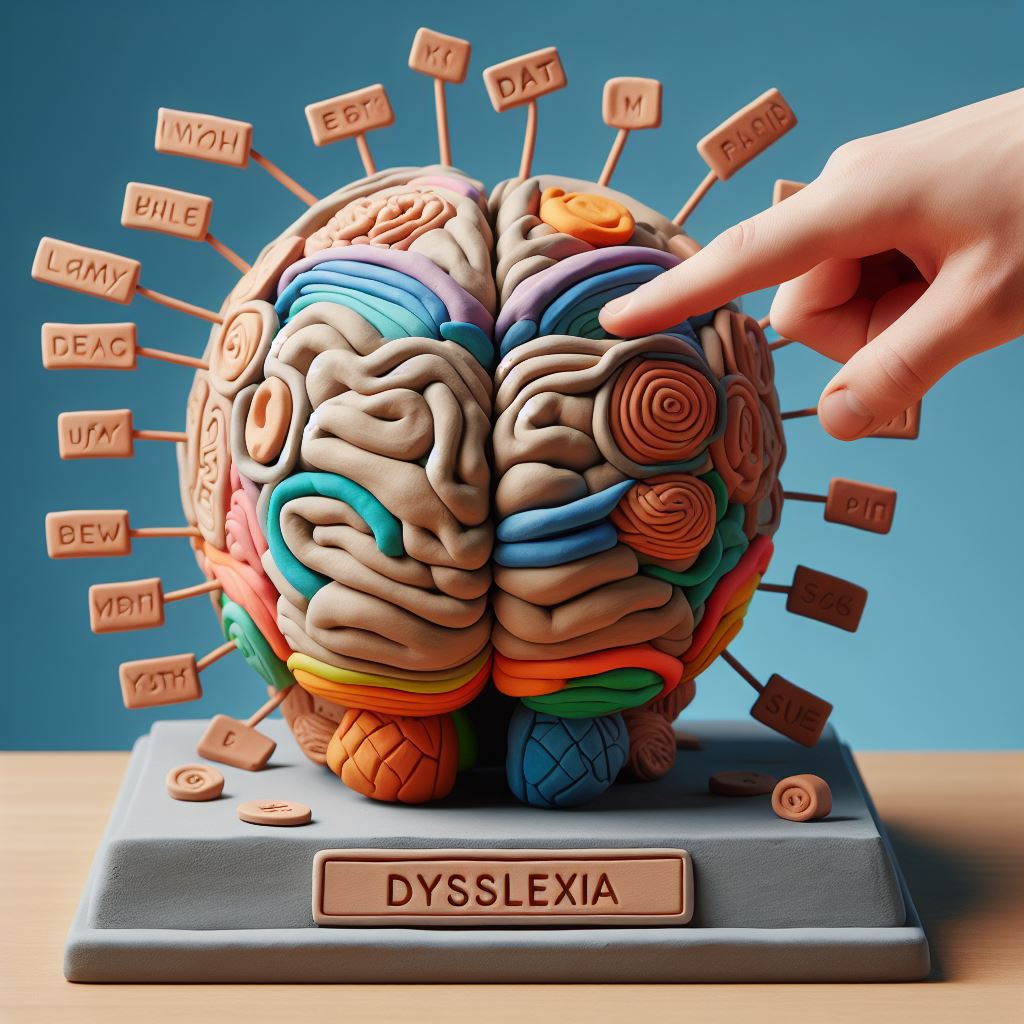Since 2018, Dyslexie Font has collaborated with the HOI Foundation to organize the Dutch Week of Dyslexia every first week of October. Our aim is to alter perceptions of neurodiversity and dyslexia by providing information to dyslexic individuals, parents, children, teachers, and businesses.
HOW TO DIAGNOSE DYSLEXIA
Detection, Diagnosis, and Support
Dyslexia is a well-known learning disorder that poses challenges in reading acquisition. Despite its prevalence, there's often a misunderstanding of what dyslexia entails. Explore the causes of dyslexia and discover proactive steps to support individuals grappling with this condition.
WHAT IS DYSLEXIA?
Dyslexia is a learning condition that complicates the process of learning to read. Experts estimate that 15 to 20% of the population experiences symptoms related to dyslexia. Individuals with dyslexia may read more slowly, encounter difficulty recognizing words, and often read at a lower level than expected. Breaking down words into sounds or matching letters to sounds may pose challenges during reading.
It's crucial to clarify that dyslexia is not an illness; rather, it affects how information is stored and accessed in the brain during reading. Importantly, dyslexia does not indicate a lack of intelligence, as evidenced by studies showing no correlation between IQ and dyslexia.
DETECTION OF DYSLEXIA
If dyslexia runs in the family, there's an increased likelihood of its presence. Commonly observed in children, dyslexia appears equally in boys and girls. Early detection is often associated with the initiation of reading education, but not all cases are identified promptly. Limited training among teachers may lead to undiagnosed cases, resulting in prolonged reading difficulties and potential labeling of affected children.
DIAGNOSIS DYSLEXIA
While dyslexia is linked to brain abnormalities, there are no blood tests or lab screenings for its detection. Instead, a careful examination of common signals is conducted. Testing encompasses decoding processes, reading fluency, comprehension, spelling, vocabulary, oral communication skills, and word recognition.
Early testing for dyslexia is recommended to facilitate timely interventions. A learning difficulties evaluation by a certified educational psychologist, often suggested by the school, can provide valuable insights.

TREATMENT FOR DYSLEXIA
Currently, there are no pharmaceutical treatments for dyslexia. Educational interventions, however, can equip individuals with successful strategies for learning and reading. Specialized educators can assist dyslexic children in acquiring new reading skills, and individualized approaches, such as slowing down lessons, may prove beneficial.
SUPPORTING A DYSLEXIC CHILD
Being a strong advocate for your child is paramount. Collaborate with the school to create an Individualized Education Plan (IEP), establishing tailored expectations and lesson plans. While dyslexia is not preventable, early intervention and personalized education plans can significantly impact a child's learning trajectory.
LIFE WITH DYSLEXIA
Undiagnosed dyslexia can impede academic success. However, early diagnosis allows for exploration of various learning and reading methods. It is essential to dispel misconceptions about intelligence and provide positive parental and educational support to bolster a dyslexic child's self-esteem and overcome challenges.
In conclusion, understanding dyslexia, from its causes to effective interventions, is crucial for creating a supportive environment that enables individuals with dyslexia to thrive academically and personally.